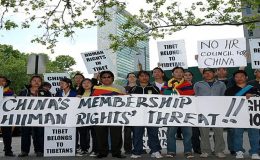The coalition say it “fail to understand why [previous] letters have received no reply nor even been acknowledged,” particularly with the knowledge that other civil society sector colleagues have been offered face-to-face meetings to address their concerns, albeit still failing to address the fundamental issues of the wide ranging human rights issues that are linked to the launch of Dragonfly.
The previous three letters were sent in August 2018, November 2018 and January 2019. All of the letters lay out key concerns that continue to be unaddressed, these are:
1. Dragonfly would comply with China’s repressive censorship and cybersecurity laws and automatically identify and filter ‘blacklisted’ websites blocked in China, as well as blocking banned search terms pertaining to human rights.
2. Google would be putting internet users in China at risk of arrest and detention as a result of their online activity.
Google has previously demonstrated that it was aware of, and concerned by, the dangers that the Chinese government’s interference and censorship posed to a free and open Internet. Google reiterated its commitment to freedom and openness in 2010 when it withdrew from China, stating “we don’t want to engage in political censorship”, and adding that government restrictions “not only strike at the heart of an open Internet but also violate Article 19 of the Universal Declaration of Human Rights”.
Since Google’s withdrawal, the human rights situation in China has markedly deteriorated. For Google to return at this time would be to legitimise the ongoing repression, in particular the tightening government control over the Internet, exemplified by the Cyber Security Law of the People’s Republic of China.
On 19 June Alphabet, Google’s parent company, will vote on a resolution calling for the company to be broken up due to concerns about human rights violations. Read the SumOfUs shareholder proposal HERE:
The Joint Letter is signed by:
Alison Reynolds, Executive Director, International Tibet Network
John Jones, Campaigner, Free Tibet
Sondhya Gupta, Campaigner, SumOfUs
Lhadon Tethong, Executive Director, Tibet Action Institute
Dorjee Tseten, Executive Director, Students for a Free Tibet
Bhuchung Tsering, Vice President, International Campaign for Tibet,
Rushan Abbas, Director, Campaign for Uyghurs
Dolkun Isa, President, World Uyghur Congress
Teng Biao, Chinese academic lawyer and a human rights activist
Shao Jiang, Chinese academic and student leader during Tiananmen Square protests of 1989




